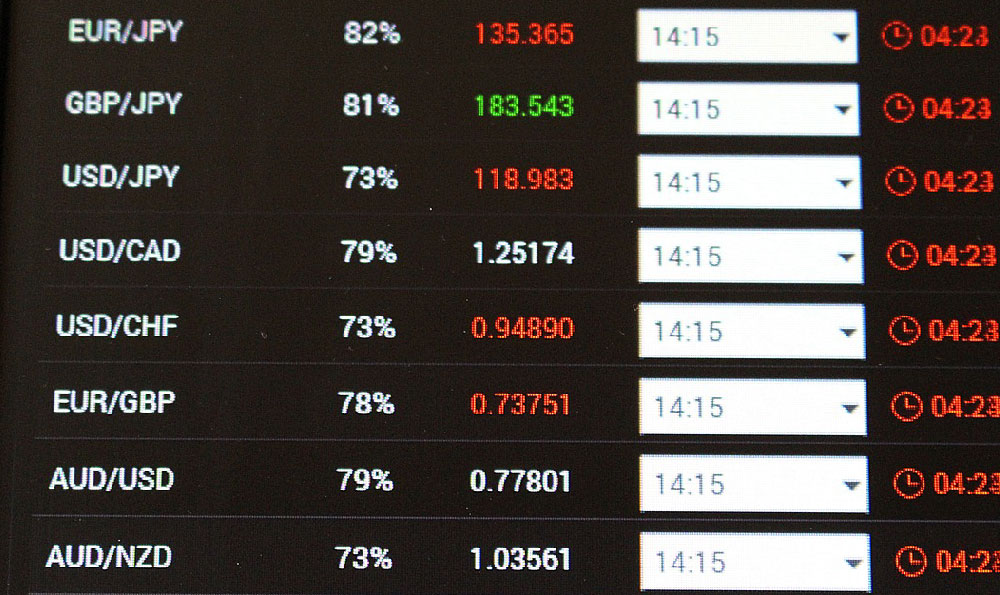O'Reilly's Auto Parts Store Closing Hours
O'Reilly's Auto Parts, a prominent name in the automotive parts retail sector, has long been recognized for its strategic expansion and operational efficiency. However, in recent years, the company has faced growing challenges from changing consumer behavior, supply chain disruptions, and the rise of e-commerce. As a result, decisions regarding store closing hours have become a critical aspect of its financial planning and asset allocation strategy. Understanding these dynamics requires a nuanced examination of how operational timing influences profitability, customer engagement, and long-term investment viability in a competitive market.
The timing of store operations is not merely a logistical decision but a pivotal component of revenue optimization. Traditional brick-and-mortar businesses, including auto parts retailers, often operate during standard business hours to balance staffing costs with customer traffic. However, the automotive industry’s unique characteristics—such as the need for immediate access to parts and the presence of a loyal customer base—suggest that traditional scheduling may not always align with financial goals. For instance, extending operating hours to accommodate late-night vehicle repairs or weekend shopping could increase sales volume, but it also introduces additional expenses related to labor, utilities, and security. The challenge lies in determining whether the incremental revenue generated from extended hours outweighs the associated costs, a question that directly ties into the company's profitability metrics and return on investment calculations.
Moreover, the decision to adjust closing hours reflects a broader strategy to align with consumer demand patterns. In an era where convenience is a key driver of purchasing decisions, many automakers and repair shops have shifted their operational hours to align with the schedules of busy professionals. This has led to a growing trend of offering extended hours, including evenings and weekends, to capture a larger share of the market. Conversely, some stores have adopted a more flexible approach, closing earlier during off-peak periods to reduce overhead while maintaining availability during high-demand times. From an investment perspective, this strategy necessitates careful analysis of market trends, customer demographics, and competitive positioning to ensure that the company's operational decisions are both customer-centric and financially sound.

The financial implications of changing closing hours also extend to inventory management and cash flow dynamics. Auto parts retailers often face high turnover rates for perishable or seasonal products, requiring precise scheduling to ensure stock is available when customers need it. If a store closes later, it may reduce the risk of stockouts during peak hours, but this also demands more robust inventory forecasting and logistics systems. The balance between inventory levels and operational hours is crucial for maintaining liquidity, as excessive stock can tie up capital, while insufficient stock can lead to lost sales. Investment decisions in this context must consider the interplay between these factors, ensuring that the company's resources are allocated efficiently to maximize returns.
Additionally, the impact of closing hours on customer experience cannot be overlooked. A store that operates during non-traditional hours may differentiate itself from competitors, attracting customers who value flexibility. However, this comes with the trade-off of potentially higher costs and the need for a well-trained workforce to maintain service quality during extended shifts. From an investment standpoint, the company must weigh the potential for customer acquisition and retention against the cost of service, ensuring that its capital is invested in initiatives that deliver measurable value.
Furthermore, the decision to modify closing hours is influenced by broader economic and market conditions. In times of economic downturn, consumers may prioritize cost-saving measures, leading to a shift in purchasing behavior toward price-sensitive segments. This could necessitate adjustments in operating hours to align with lower demand periods, potentially reducing overhead while maintaining a steady revenue stream. Conversely, during periods of economic growth, extending hours may provide an opportunity to capitalize on increased consumer spending. Investment strategies must therefore be adaptable, incorporating real-time data and market analysis to respond to these shifts effectively.
In conclusion, the analysis of O'Reilly's Auto Parts store closing hours is a multifaceted endeavor that touches on profitability, customer engagement, and competitive positioning. While operational timing can significantly impact financial performance, it must be approached with a strategic lens that considers market trends, cost structures, and long-term investment goals. By aligning operational decisions with the broader context of financial planning, O'Reilly's can navigate the complexities of the retail landscape, optimize asset allocation, and achieve sustainable growth. This requires a deep understanding of both the technical and financial dimensions of the business, ensuring that every decision is made with the company's long-term success in mind.















